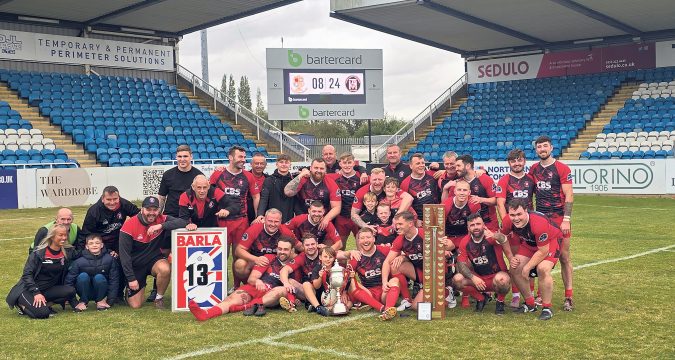 IT seems some time since the BARLA National Cup involved enough teams to make it a truly meaningful competition.
From memory, the number of entrants in recent years has often been only a shade more than a dozen, the fault for which lay squarely with those who didn’t get involved, and not with those who did.
But this year 28 sides have enter
IT seems some time since the BARLA National Cup involved enough teams to make it a truly meaningful competition.
From memory, the number of entrants in recent years has often been only a shade more than a dozen, the fault for which lay squarely with those who didn’t get involved, and not with those who did.
But this year 28 sides have enter Talking Grassroots: BARLA National Cup in better health as interest grows
 IT seems some time since the BARLA National Cup involved enough teams to make it a truly meaningful competition.
From memory, the number of entrants in recent years has often been only a shade more than a dozen, the fault for which lay squarely with those who didn’t get involved, and not with those who did.
But this year 28 sides have enter
IT seems some time since the BARLA National Cup involved enough teams to make it a truly meaningful competition.
From memory, the number of entrants in recent years has often been only a shade more than a dozen, the fault for which lay squarely with those who didn’t get involved, and not with those who did.
But this year 28 sides have enter 